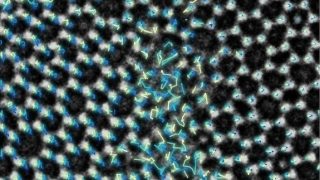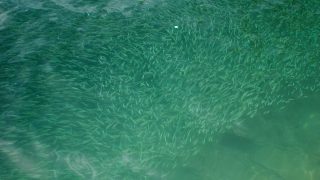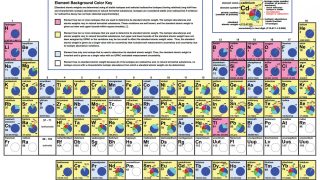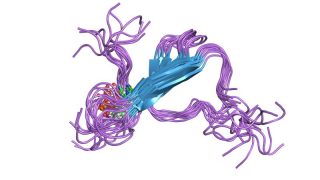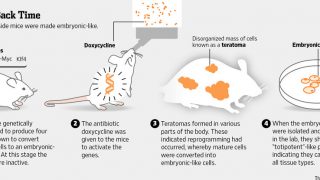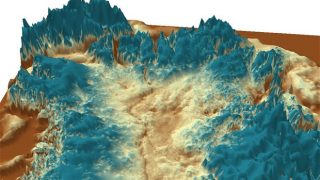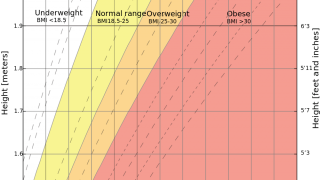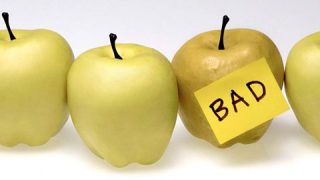
MI weekly selection #45
Humanities & Social Sciences • Science • Technology • Weekly Selection
How science goes wrong Scientific research has changed the world. Now it needs to change itself The Economist Astronomers find a “tilted” solar system Scientists have discovered a “tilted” solar system, according to a report in Science. While looking at Kepler-56, a star about 2,800 light-years away, they were surprised to find that the plane […]
